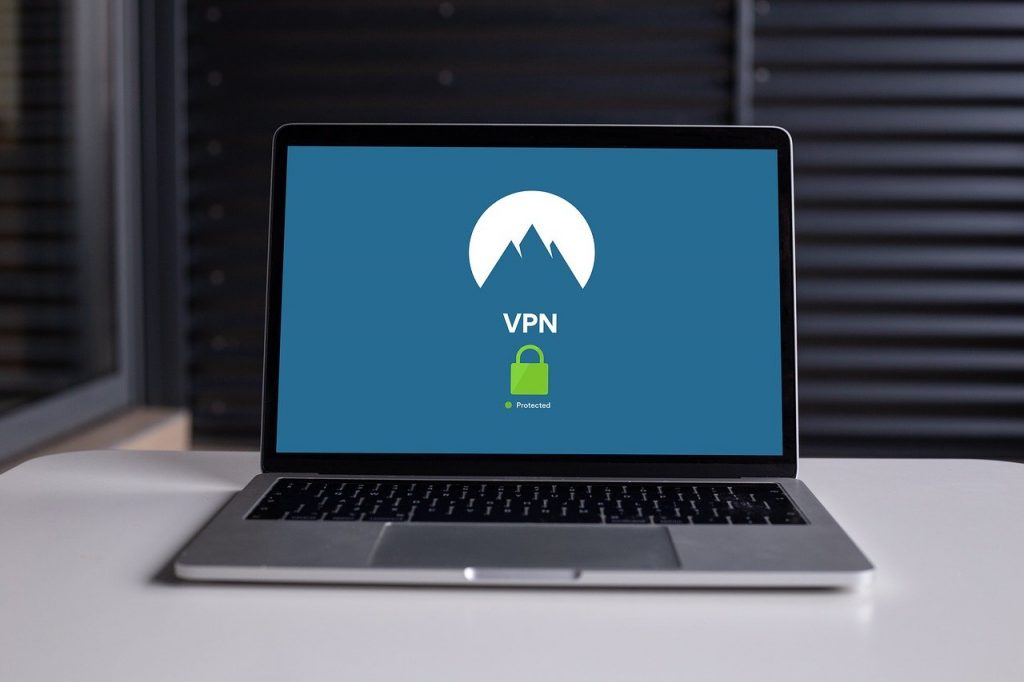We are living in times where data is considered the new gold, and in such a world, don’t you think there is a strong need to protect your data from theft? If you’re a corporate, many of your employees will be on travel and they would be accessing your server from different parts of the world. A VPN (virtual private network) will help you add an extra security layer so that your data does not get exposed to the public internet.
On the other hand, if you’re a professional, I believe it’s still a good idea to hide your ass from the public internet while doing official matters or financial transactions. Accessing your confidential files and documents through a VPN will help you to prevent theft of data while on transmission over the internet.
Finally, if you’re in a country with geographic restrictions on the internet (for example some websites are restricted in your country), you can use a VPN to bypass the firewalls and access the restricted websites.
So a VPN is a blessing in disguise on many accounts right? Let’s see how a VPN works and how a VPN enhances the security of your web activity.
How a VPN works ?

A VPN’s working can be explained in very simple terms like this. You connect your laptop to another PC in another place (most probably in a different country like USA, UK or some other places). Now your laptop will get connected to the internet of the new PC (which is basically a server setup) in another country. Now your laptop will be acting like a PC connected from the new location (say US or UK or whatever country) and the IP address will be from the new location. So basically, you’re now connected to a private network bypassing all IP data from your actual current location. And that’s why this is called a Virtual Private Network.
What can a VPN do for you?
- Gives extra security to your internet activities
- Bypass geographic internet restrictions
- Protect yourself from untrustworthy public WiFi hotspots
- Gain anonymity by hiding your true location
- Protect your data by exposing them to public internet
How a VPN enhances security?
As we already discussed, a VPN masks your current location and IP information. If you’re browsing from a public WiFi, other computers connected to the same WiFi can attempt to snatch vital login credentials or route you to phony banking sites. When you connect through a VPN, you are completely independent of the WiFi router mechanism. You use public WiFi only till you get connected to the VPN. Once you’re connected to the VPN, your laptop/mobile device will become a part of the VPN itself. You don’t send data through the WiFi router, but the VPN. This is one way you get enhanced security using VPN service.
The connection between a VPN client (your laptop) and the VPN server is encrypted. Only the VPN server decrypts the data before sending it to the internet to access websites or data from the internet. This encryption is one security layer which cannot be broken by snoopers in public WiFi routers.
Usually, everyone believes that data send over HTTPS is very safe. Yes, that is true to a great extent, but still many information can be accessed from an HTTPS connection like what website you visited and so on. If you’re on a VPN, not even those data can be collected by a 3rd party.
As you can see here clearly, a VPN is all about privacy. It keeps you hidden from all those threats data snoopers poise to you, or some agencies monitoring your web activities.
Great! You’ve learned how a VPN is a great guardian of your web activities.
How to select the right VPN for you?
#1 Find the covered locations – If you want to browse from an IP in the United States, your VPN should cover the US as one of its locations. So identify your preferred locations and ensure the VPN covers all those locations. You can find this data from the website of VPNs.
#2 Ensure they don’t store your logs – When you use VPN’s for extra security,be wary that VPNs get access to all your browsing data. Find a VPN that guarantees to not store any of your logs. This is the best way to ensure your privacy and you don’t leave any trails open to public.
#3 Ensure the best encryption protocol – Read through the website of VPN and ensure they are using the best encryption protocol available at present. Be wary that there are weak encryption protocols still in use which may tamper the security benefits.
#4 Go for a VPN with a Kill Switch – this basically a protective line of defense like a plan B. This works best if a situation occurs where your VPN connection breaks, this kill switch will cut the connection with the internet. This will prevent any of your data getting exposed directly to the internet.
#5 DNS Leak protection – go for a VPN that provides its own DNS servers. Once connected you will be browsing the internet through DNS servers of the VPN. This is an extra layer of security. So choose a VPN which provides DNS leakage protection.
So these are some of the essential criteria you should consider when choosing a VPN service.
We’ve covered almost all important points about a VPN in this article. We’ve seen the basics, covered how a VPN enhances the security of your browsing, how it safeguards your privacy and so on. A VPN service provides many benefits when it comes to securely using the internet, especially when you are handling confidential information or financial transactions. We’d like to hear your inputs in the comments section.

Comments are closed.